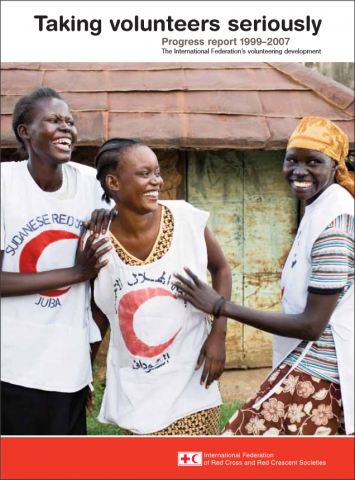Normative frameworks’ role in addressing gender-based violence in disaster settings
The problem of gender-based violence (GBV) in emergencies has recently received increased attention worldwide. The Humanitarian Exchange Magazine dedicated a whole issue on GBV in humanitarian crises.The International Committee of the Red Cross demonstrated its concern for sexual violence in armed conflict, launching a Special Appeal to strengthen its response in 2014. In non-conflictual emergency […]
Normative frameworks’ role in addressing gender-based violence in disaster settings Read More »

